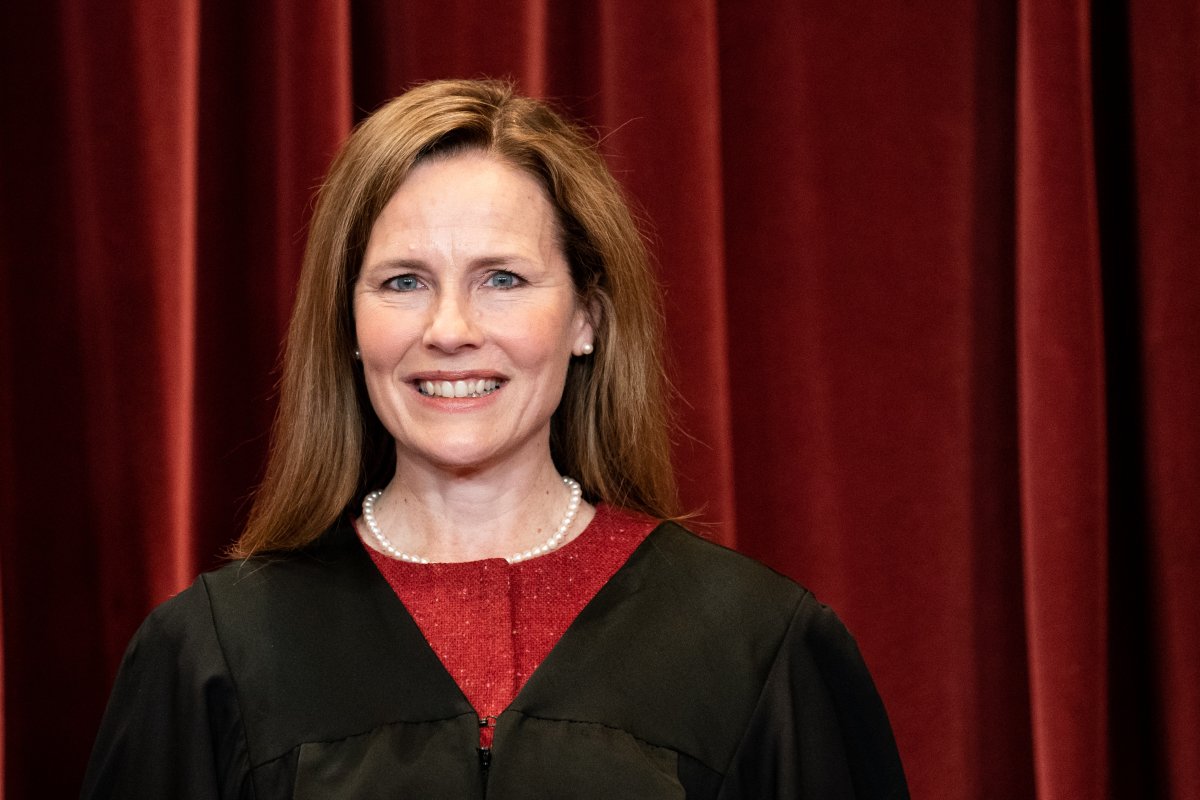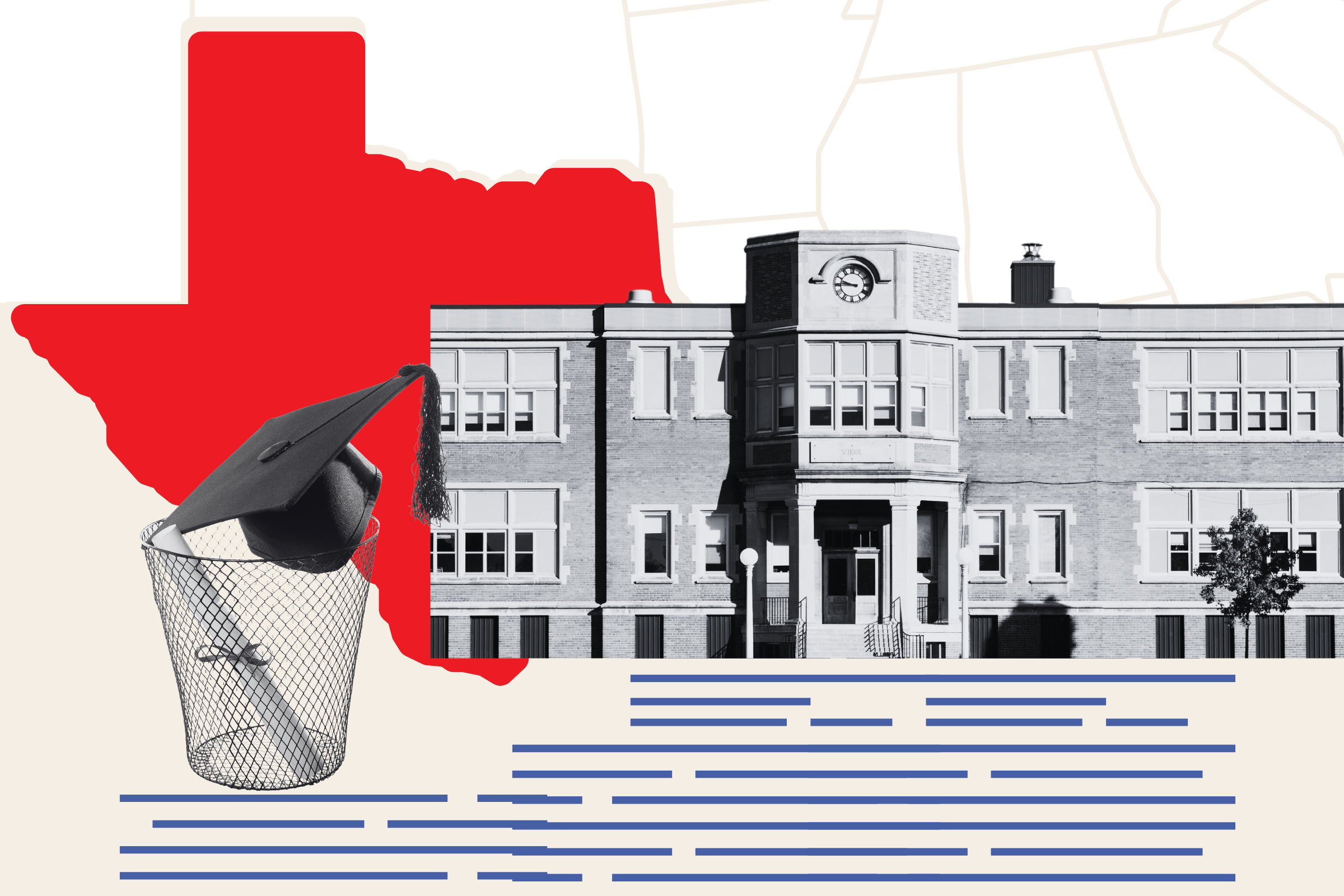The Supreme Court defended an earlier ruling from Justice Amy Coney Barrett, deferring to a decision Barrett and her appeals court colleagues made when she sat on the bench for the Seventh Circuit Court of Appeals.
On Monday, the court declined to take up the case of John Doe v. Purdue, a lawsuit in which an anonymous student sued the school for unfairly finding him guilty of sexual assault and suspending him for a year, a punishment that cost him his spot in the Navy ROTC program. The case led to one of the most influential appellate decisions on campus sexual assault which was issued by a three-judge panel, that included Barrett, in 2019.
In a decision siding with the student, the appeals court agreed that the university violated his right to due process and engaged in gender discrimination under Title IX. In an opinion and order authored by Barrett, the panel said it was "plausible" that Purdue's investigation panel "chose to believe Jane [Doe] because she is a woman and to disbelieve John because he is a man."
"The petition for a writ of certiorari is denied," the Supreme Court's Monday order list stated. "Justice Barrett took no part in the consideration or decision of this petition."

Alex Badas, a judicial politics expert from the University of Houston, told Newsweek that the Supreme Court's decision to deny the case means that Barrett's earlier decision "will remain in place and act as the final decision on the matter."
However, he noted that it does not necessarily mean that the majority of the bench agreed with Barrett.
"There are a lot of different factors that go into certiorari decisions that may lead the Court to deny a case that they actually disagree with the outcome," Badas said.
"It is possible the Court didn't think the particular case was important enough for their time or that they want the general legal issue to percolate in the lower courts before taking it up and making a decision," he added. "Sometimes the Justices like to have a broad record of lower court decisions before they rule on a case to give them more perspectives when they do eventually rule on the case."
Badas said it's routine for justices to sit out cases that they heard as a lower court judge, but Barrett's decision to not explain her recusal in this case, even though it's easily inferred, highlights a new trend that has been seen on the Supreme Court since it issued its new ethical guidelines.
"It's easy enough to figure out [why Barrett recused herself], but it highlights a trend since the court released its ethical guidelines. The liberal justices tend to provide a justification for their recusals and the conservative justices do not," he said.
Many legal observers had turned to the Seventh Circuit's decision back in September 2020, when Barrett had just been nominated by former President Donald Trump to the Supreme Court and many wondered what kind of justice Barrett would be.
John Doe v. Purdue University, which was expected to provide insight into how Barrett would rule on gender discrimination and sexual assault cases, was among the three major rulings that Fortune Magazine described as "a window into the views" of Barrett. Legal advocacy organization Public Justice also called the appellate ruling one of Barrett's "most troubling opinions."
"Lawyers across the country have turned their attention to Judge Barrett's short record on the bench. For civil rights advocates, one of her most troubling opinions is Doe v. Purdue University," Alexandra Brodsky, a senior attorney at Public Justice wrote in a 2020 blog post. "There, Judge Barrett's ruling turned a sex discrimination statute on its head, using a law meant to prevent and address sexual assault to promote impunity for that very same behavior."
Barrett and the two other judges on the appeals panel wrote that the student's "allegations raise a plausible inference that he was denied an educational benefit on the basis of his sex." The court reversed a lower court's "premature" dismissal of Doe's claims. However, when the appeals court sent the case back, it did not require the district Court judge to recuse himself from the case.
Judge Joshua Kolar, however, is now an appeals court judge, so he has sought to assign the case to a magistrate judge who Doe has argued is a friend of the counsel for Purdue University. In the Supreme Court petition, the student argued that the lower court judge should recuse himself. But because the Supreme Court denied the writ of centorai, it will be heard by the judge Kolar assigns the case to.
"It is very, very difficult to get cert granted," Doe's attorney Philip Byler told Newsweek on Monday. "Still, the cert petition here pointed to corruption adversely affecting the law and a significant case in Doe v. Purdue that the U.S Supreme Court has a responsibility to police, and the Supreme Court, particularly Amy Coney Barrett, cannot say they were not advised about. Shame on them."
Uncommon Knowledge
Newsweek is committed to challenging conventional wisdom and finding connections in the search for common ground.
Newsweek is committed to challenging conventional wisdom and finding connections in the search for common ground.
fairness meter
To Rate This Article
About the writer
Katherine Fung is a Newsweek reporter based in New York City. Her focus is reporting on U.S. and world politics. ... Read more
To read how Newsweek uses AI as a newsroom tool, Click here.








